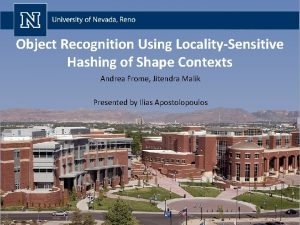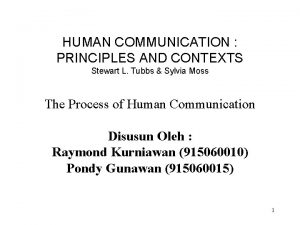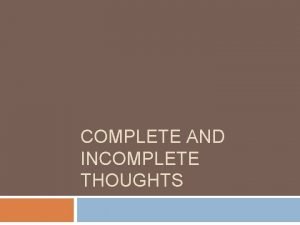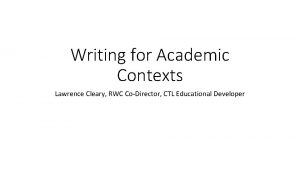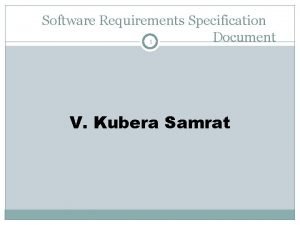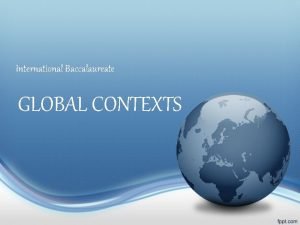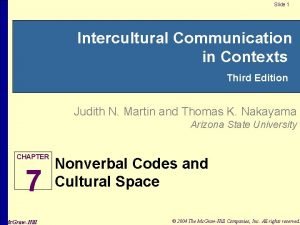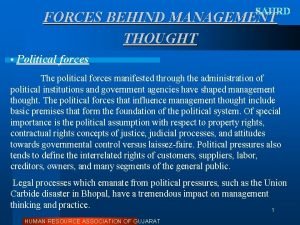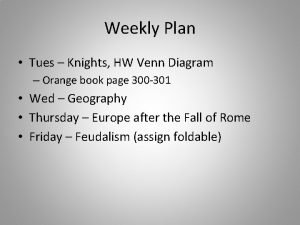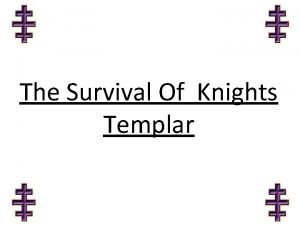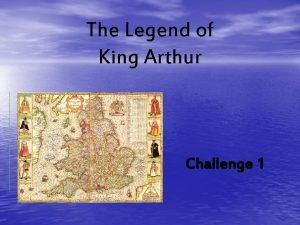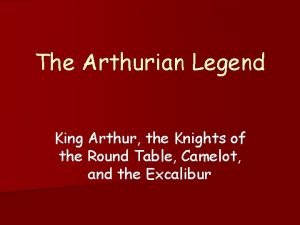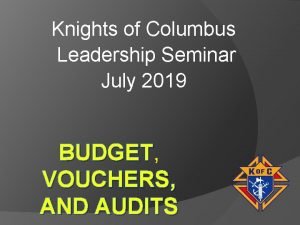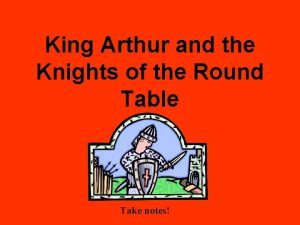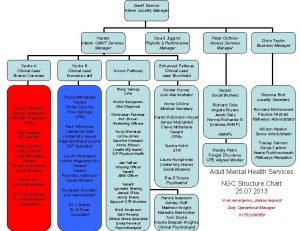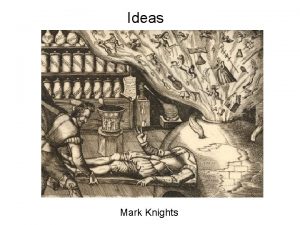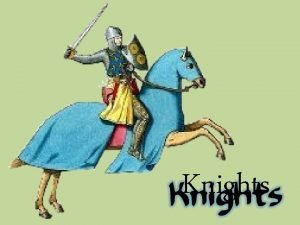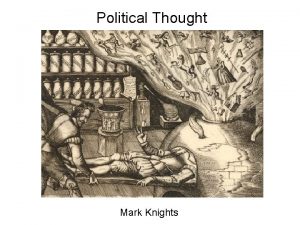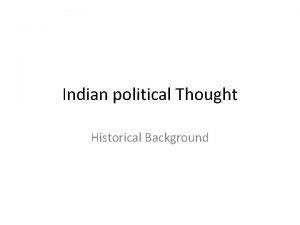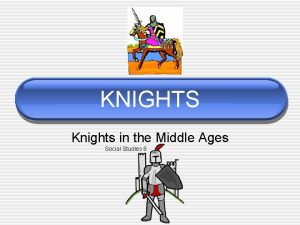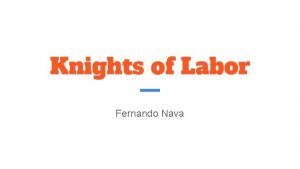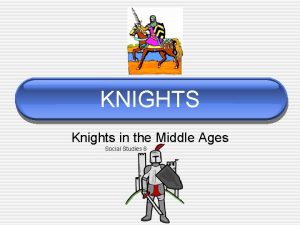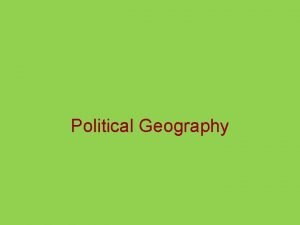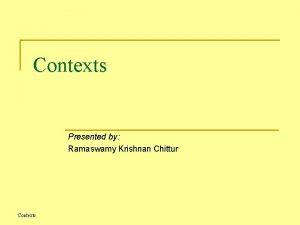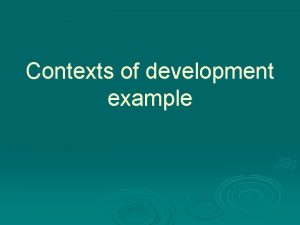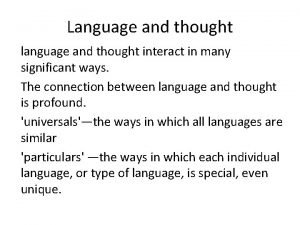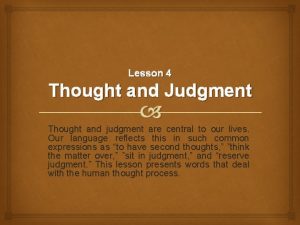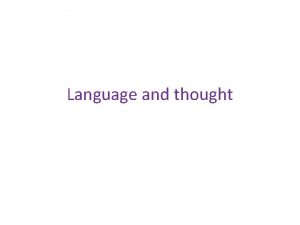Political Thought Ideas and Contexts Mark Knights Ideas






















- Slides: 22

Political Thought: Ideas and Contexts Mark Knights

Ideas and contexts • Is ‘political thought’ a very useful term? • It tends to stress ‘great thinkers’ and examine their ideas (Machiavelli, Hobbes, Locke) but • Political ideas are also inherent in everyday actions, conflicts and beliefs • Ideas don’t change in isolation (Cambridge School’s contextualisation: Quentin Skinner, John Pocock) • Moreover ‘politics’ can be a very artificially restrictive word (esp. re religion) • thought related to the state

‘Languages’ of Political Discourse • Scriptural • Legal/customary: the ancient constitution – History as a political discourse • ‘Political arithmetic’/scientific • Natural rights and contract • Reason and politeness

Who participated in ‘political discourse’? • Not just an intellectual elite • Why? change affected all • Print

Political discourse and ideas can be found in literary texts and images • Sir Thomas More’s Utopia (1516) • Depicts ideal commonwealth. Eutopia = well place • Republic rather than a monarchy • Social commentary and critique esp rich vs poor, tax extortion, war -mongering, property as the key. No private property. Money as evil • Travel and discovery • After-life: 1551 English translation • Utopian genre

Visual culture as a vehicle for the discussion of political ideas

The importance of context Context creates the need for political thought and provokes works (eg Bodin in the French Wars of Religion); Some contexts affect nearly everyone, not just the ‘great thinkers’; And canonical figures are appropriated to answer pressing needs

The British Civil Wars

The impact of war • Loss of life: larger percentage of population may have died than in First World War • Deeply divisive – being sent to Coventry • Destruction of property

What issues were raised? • What are the legitimate powers of a monarch? • Is it legitimate to raise force against a monarch? • If yes, under what circumstances? And does this imply that political authority rests in the people? • If no, what is the appropriate response? What authority might you be prepared to fight for?

What issues were raised once the war had ended? • What is the best way to reconstruct authority? • 1649 declaration of a ‘free state and commonwealth’. Republican form of government – but this requires justification and vindication. • Does this free state mean social revolution? The redistribution of land? • Does this free state mean the end of a national church and the beginnings of religious toleration? • Does this free state mean the end of state controls over the press?

‘Engagement’ 1649 • "I do declare and promise, that I will be true and faithful to the Commonwealth of England, as it is now established, without a King or House of Lords. “ • Most office-holders were asked to take it • Provoked extensive debate. Hundreds of tracts 1649 -1652. • Was it possible to acknowledge the legitimacy of the new regime? Amongst them was Thomas Hobbes.

• Leviathan (1651) • How to reconstruct political obligation • Man in a state of nature and natural rights • A form of contract and incorporation, involving the transfer of power to the sovereign in order to achieve security. • Contract: marriage contract; market Thomas Hobbes

Precedents: A radical French Protestant theory • • Vindiciae Contra Tyrannos or Defence of Liberty against Tyrants (1579): Possibly by Philippe Duplessis Mornay. He escaped 1572 massacre and fled to England, returning to France to aid Henri de Navarre (Henry IV); an active philosopher. contract; natural liberty and equality; natural law; consent as basis for civil society; popular sovereignty; right of resistance; moral not religious theory. State of nature [NB influence of overseas exploration and colonisation; Locke ‘in the beginning all the world was America’], natural freedom and equality

Hobbes’ ideas were contested • E. g. by Sir Robert Filmer (1588 -1653) • Stressed importance of deriving political ideas from scripture, the law of nature and the constitution • King alone was law-maker • The people had no right of resistance • The Necessity of the Absolute Power of All Kings (1648).

Hobbes and religion • Hobbes also considered the relationship between church and state • private conscience was dangerous and the sovereign power ought to decide what religion was followed. • There were many, however, who vigorously opposed this point of view and argued for liberty of conscience.

The influence of Machiavelli • Hobbes was influenced by Nicholas Machiavelli • Why was this early sixteenth century Italian writer useful in the mid-century British context? • John Pocock • The Prince (written 1513, published 1532) • The Discourses on Livy (written 1517, published 1531)

The English face of Machiavelli • He had written about both princes and republics, with a marked preference for the latter and for mixed and balanced government • He was seen as anti-clerical • He wrote about human nature rather than ideal forms • His republic was one that encouraged virtue – the two were linked • Liberty was preserved by periods of conflict and even violence; states were organic and decayed and then had to be rebuilt

• Machiavelli’s ideas were appropriated and debated • Many pamphlets embraced Machiavellian ideas; but many condemned his ideas. • 1642 ‘Is any prince named in any chronicle but in red letters’? • James Harrington, a republican, was very influenced. • Harrington’s friend, Henry Neville, may have had written a vindication of Machiavelli in 1675; but it could also be the work of the publisher John Starkey, another example of how political thought was not just linked to canonical authors.


More’s Utopia was also reused • 1639 as The Commonwealth of Utopia A 1647 tract about the civil wars

Conclusion • Ideas about resistance; the origin of political authority; the relationship between church and state were extensively discussed. • Key thinkers played a part in this but the debate was much wider. • Important concepts were ones of state of nature; society as the result of man-made artifice and contract; resistance theory; freedom of conscience and the limits of secular authority over private belief. • They remained contested ie this is an on-going conflict of ideas
 Shape matching and object recognition using shape contexts
Shape matching and object recognition using shape contexts Tubbs and moss communication model
Tubbs and moss communication model Bolongie
Bolongie Complete or incomplete thought
Complete or incomplete thought Professional context examples
Professional context examples Uefap
Uefap Teachers in crisis contexts
Teachers in crisis contexts The sociological perspective stresses
The sociological perspective stresses The srs document is useful in various contexts:
The srs document is useful in various contexts: 6 global contexts
6 global contexts Intercultural communication in contexts
Intercultural communication in contexts Political forces behind management thought
Political forces behind management thought Knights and knaves discrete math
Knights and knaves discrete math Knights vs samurai venn diagram
Knights vs samurai venn diagram Knights templar membership
Knights templar membership King arthur challenge
King arthur challenge Knights of the round table names
Knights of the round table names River ridge knights football
River ridge knights football Northern knights football
Northern knights football Knights of columbus treasurer handbook
Knights of columbus treasurer handbook Knights of the round table names
Knights of the round table names Home of the knights high school
Home of the knights high school Geoff dennis
Geoff dennis
